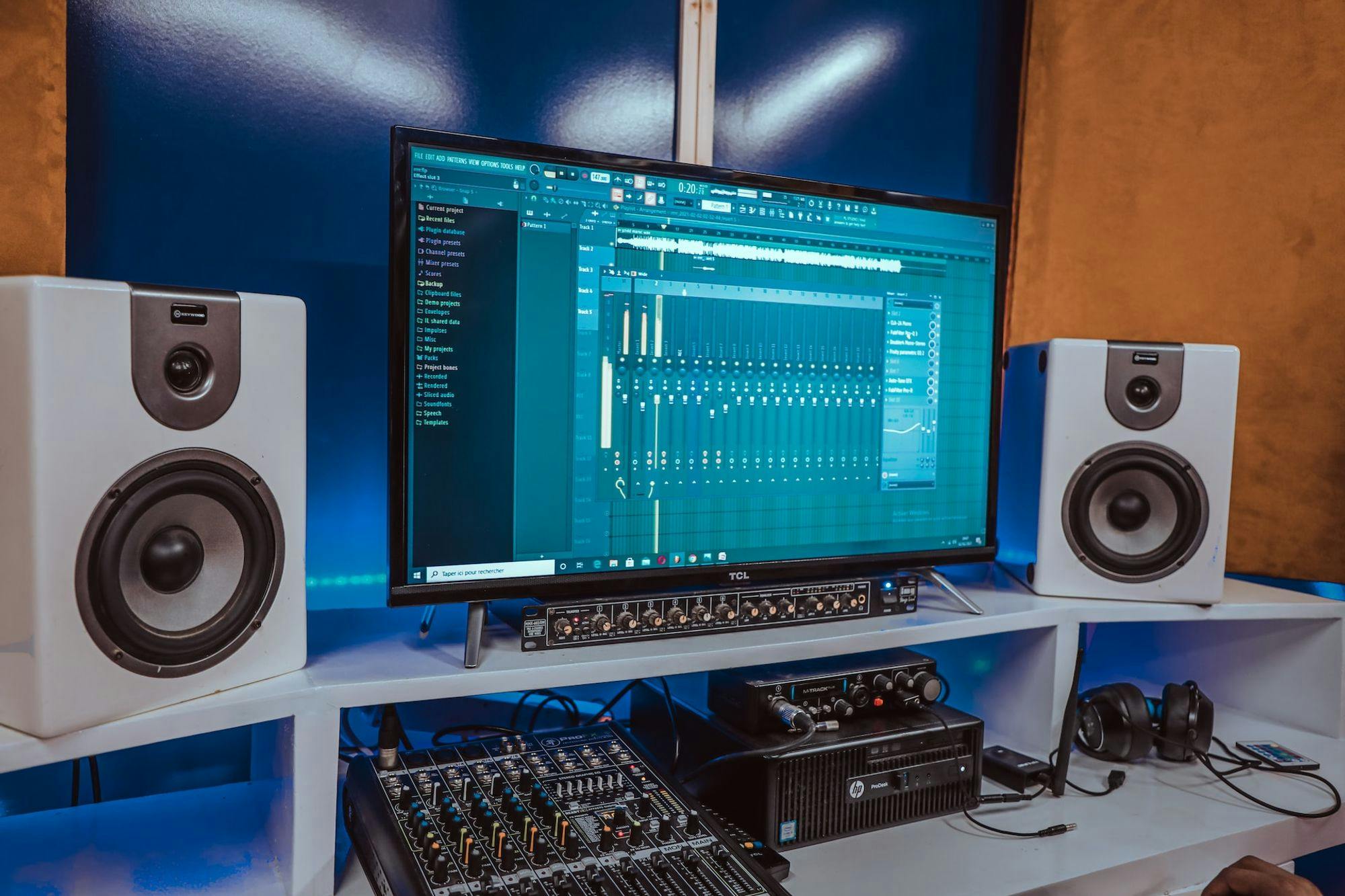Starting an independent DJ led record label the next path in building your own platform as a DIY Artist.
In this comprehensive guide, we'll walk you through the step-by-step process of launching your own record label efficiently, along with valuable tips to ensure your success.
Step 1: Define Your Vision and Goals
Before diving into the nitty-gritty details, it's crucial to establish a clear vision and set of goals for your record label. What genres will you focus on? Are you aiming to nurture local talent or go global? Having a well-defined purpose will guide your decisions and set the tone for your label's identity.
Step 2: Conduct Market Research
Understanding the music industry landscape is essential. Research current trends, identify your target audience, and study successful independent labels for inspiration. This knowledge will help you make informed decisions about which artists to sign and how to market their music effectively.
Step 3: Legal and Business Setup
Formalities like legal structure and business registration can't be overlooked. Decide whether you want to operate as a sole proprietorship, partnership, or LLC, and register your label's name accordingly. Consult legal experts to draft contracts for artists, licensing agreements, and distribution contracts.
Step 4: Financing Your Label
Starting a record label requires capital for various expenses, including artist signings, production costs, marketing, and distribution. Consider personal savings, investors, crowdfunding, or loans as potential sources of funding. Create a detailed budget to manage your finances effectively.
Step 5: Talent Scouting and Artist Signings
Your label's success hinges on the quality of artists you sign. Attend local gigs, festivals, and use online platforms like Trackstack to discover emerging talents that align with your label's vision. Once you've identified potential signings, approach them professionally and present your value proposition.
Step 6: Music Production and Distribution
Invest in high-quality production facilities and expertise to ensure your artists' music stands out. Collaborate with experienced producers, engineers, and studios to achieve professional sound quality. When it comes to distribution, explore digital platforms and physical distribution options to reach a wider audience.
Step 7: Marketing and Promotion
Develop a strategic marketing plan to create buzz around your artists' releases. Utilize social media, music blogs, press releases, and collaborations to increase visibility. Engage with your target audience and build a strong online presence for your label.
Step 8: Build Relationships
Networking is crucial in the music industry. Establish connections with other record labels, promoters, music venues, and media outlets. Building strong relationships can open doors for collaboration, joint ventures, and increased exposure for your artists.
Step 9: Adapt and Evolve
The music industry is dynamic and constantly evolving. Stay updated on industry trends, technology advancements, and shifts in consumer behavior. Be open to adapting your strategies and approaches to stay relevant and competitive.
Tips for Efficiently Running Your Independent Record Label:
- Focus on Quality: Prioritize producing high-quality music that resonates with your target audience. Quality will set your label apart from the competition.
- Effective A&R: Your artist and repertoire (A&R) team plays a critical role in finding and nurturing talent. Cultivate a team that understands your vision and can spot potential stars.
- Streamlined Operations: Invest in systems that streamline your label's operations, from music production to distribution. Digital tools can help manage contracts, royalties, and promotional activities efficiently.
- Data-Driven Decisions: Leverage analytics to track the performance of your releases. Analyze streaming numbers, social media engagement, and audience demographics to make informed decisions.
- Patience and Persistence: Success in the music industry takes time. Stay patient and persistent, even during challenging times. Consistency will eventually yield results.
- Transparency with Artists: Maintain open communication with your artists. Transparency about financials, marketing strategies, and decisions fosters trust and a strong working relationship.
- Adapt to Digital Trends: Embrace digital platforms and new marketing techniques. Utilize social media, streaming services, and online collaborations to maximize your label's reach.
Starting an independent record label is undoubtedly a rewarding endeavor, but it requires careful planning, dedication, and a love for tracks. By following these efficient steps and incorporating the provided tips, you'll be well on your way to creating a label that nurtures talent and leaves a lasting impact on the music industry.




